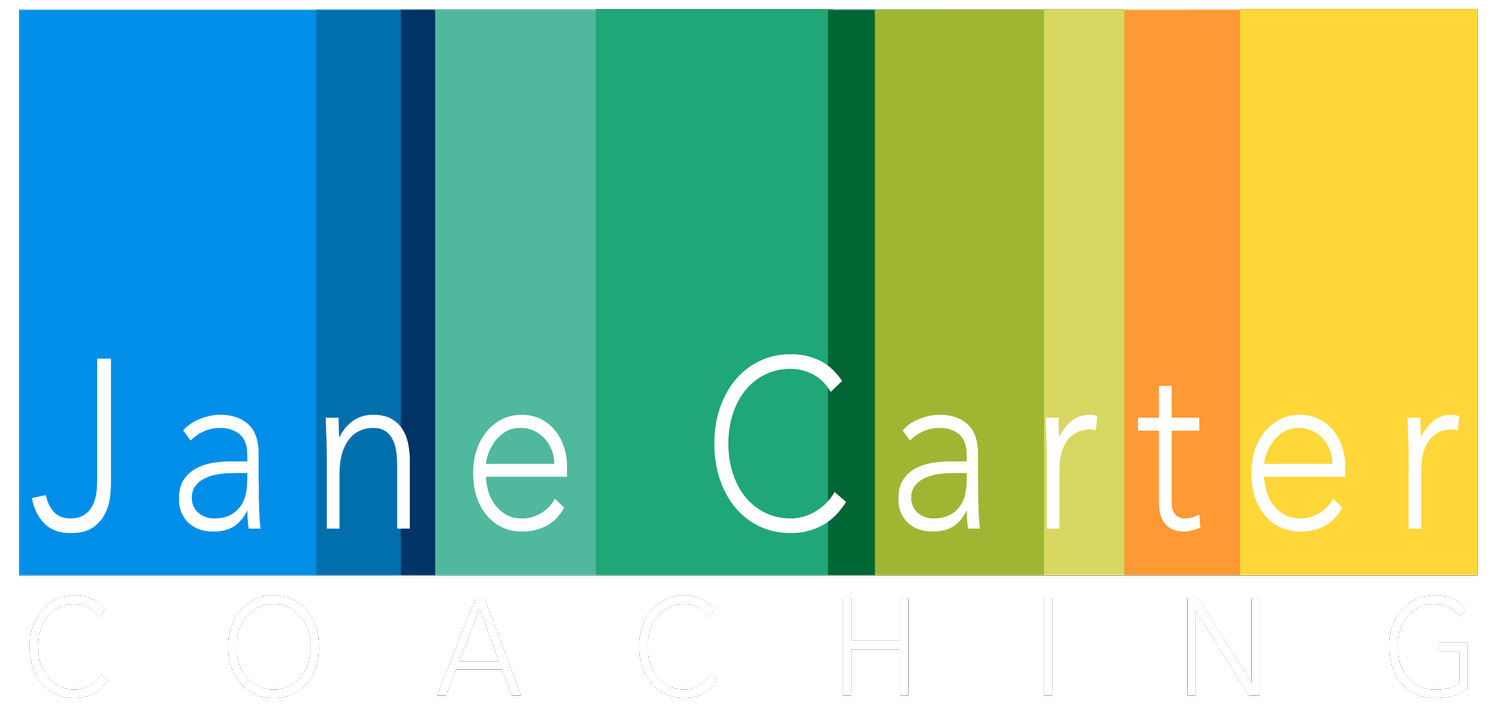A lesson from the Pledge Drive (got social proof, solopreneur?)
It happens at least twice a year:
I stumble out of bed, pour my coffee, turn on NPR to get the headlines, and instead of hearing those calm, reassuring voices from Morning Edition, I hear…
The local public radio host begging for money.
“Nooooooooooooo!”
It's the dreaded Pledge Drive.
Here comes a week of having my favorite shows interrupted by progressively more frazzled, slap-happy hosts, imploring listeners, pleading with us, to “get those phones ringing” and give.
Did you survive Pledge Drive season this year?
(If you're not an NPR-nerd like me, don't worry. There's a point to all this, I… pledge).
I already automate my monthly-contribution, so it feels unfair to have to endure pledge week. I mostly want to turn the dial and “hide” on another station for a week until it's all over.
As a business coach, though, I can't help but listen a bit, just to hear what marketing tactics they'll use to get listeners to donate.
My favorite approach (and a great example of knowing your audience)?
A few years ago the station decided to just level with us and said,
“We know you hate pledge drives. For every $50k that gets donated before next week, we'll take a day off of Pledge Week and do regular programming."
Done! My fellow Asheville NPR-heads and I sent in our donations immediately, and they managed to shorten begging-week by 2 days.
The worst approach:
Late in this fall's pledge drive, the clearly-exhausted hosts started to emphasize (with an edge of resentment in their voices),
“Only one out of every 12 listeners actually bothers to donate, so we really need you to give. Seriously, please give."
Can you spot the mistake?
(And no, it wasn't just their beleaguered tone.)
It has to do with Social Proof.
“Social proof” is the concept, coined by persuasion-master Robert Cialdini in his book “Influence”, that we are highly shaped by others.
We're social animals, and as much as I bristle at the term “sheeple,” we do all tend to follow the herd more than we realize or want to admit.
This is why testimonials are so powerful, and statistics or examples proving that others have enjoyed a product or service (ex. McDonalds' “Billions and billions served” ) send sales through the roof.
Social proof works in the negative, too, though. For example:
Petrified Wood National Park in Arizona was losing 14 tons of petrified wood per year from tourists stealing small chunks as souvenirs. To test social proof theory, Cialdini posted two types of signs along trails:
A) “Please don't remove petrified wood from the Park, it's changing the natural state of the forest,” or
B) “Many past visitors have removed wood from the park, changing the natural state of the forest.”
The outcome? Visitors who saw sign B, with “many past visitors"' behavior, were three times more likely to steal petrified wood.
Social cues, even small, make a big difference.
Back to the pledge drive:
When the hosts announced that only 1 out of 12 listeners donated, they inadvertently normalized not-pledging. They gave fence-sitters permission not to take action, and be like the herd.
What they should have said was:
“Thousands of your fellow listeners have already donated. This town sure loves its public radio station!”
–For longtime locals, that would've tapped into pride-of-place to encourage donations. For the many recent transplants to town, they would've had a chance to feel a sense of belonging in the community.
The day after Pledge Week ended, a series of emails went out in fire-alarm-red text, stating that they were $175k short of their goal from lack of donations.
Yikes (and even more negative social-proof!).
I made an extra donation, because guilt works on me (shhh… don't tell).
But a better donation might be a workshop on how to use social proof in marketing & sales (and maybe some group therapy for the weary radio-staff)!
How are you using social proof in your marketing?
Are you using enough testimonials on your website and materials?
Do you cite examples and case studies?
Do you use language like “many of my clients _____", or tell stories of great results you've helped people get?
If you're starting out: when someone is trying to schedule with you, do you say "Gosh, I'm wide open, anytime works,” or do you say “I've got two times left this week, choose which one works"?
The more you sprinkle in social proof now, the less begging and imploring you'll find yourself doing in your sales.
Many of my clients have told me this was one of their favorite tips from me (See what I did there?).
p.s. I won't use any high-pressure, pledge-drive-ish tactics on you if you schedule a Clarity Call; we'll just discuss your goals, and decide whether we're a good fit to work together to make those goals happen. Sound good? Schedule your call here.
